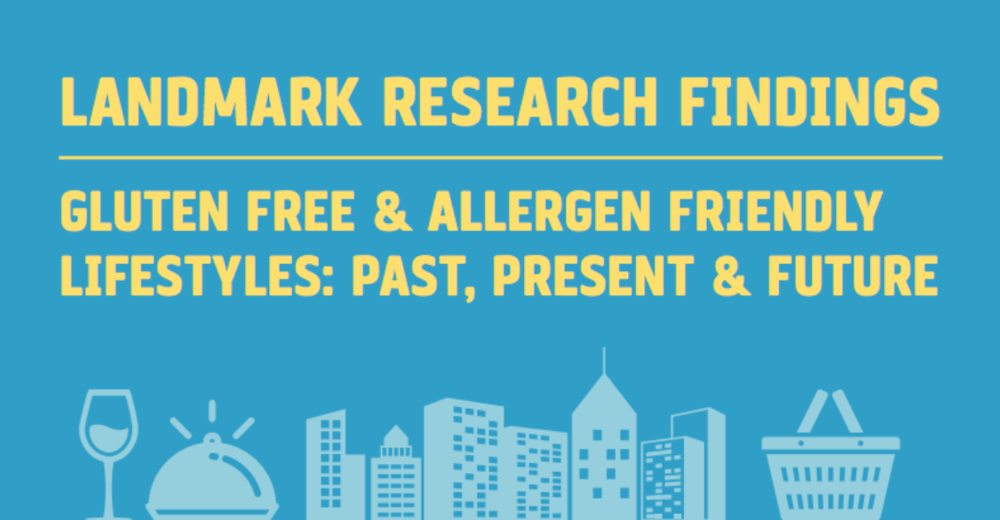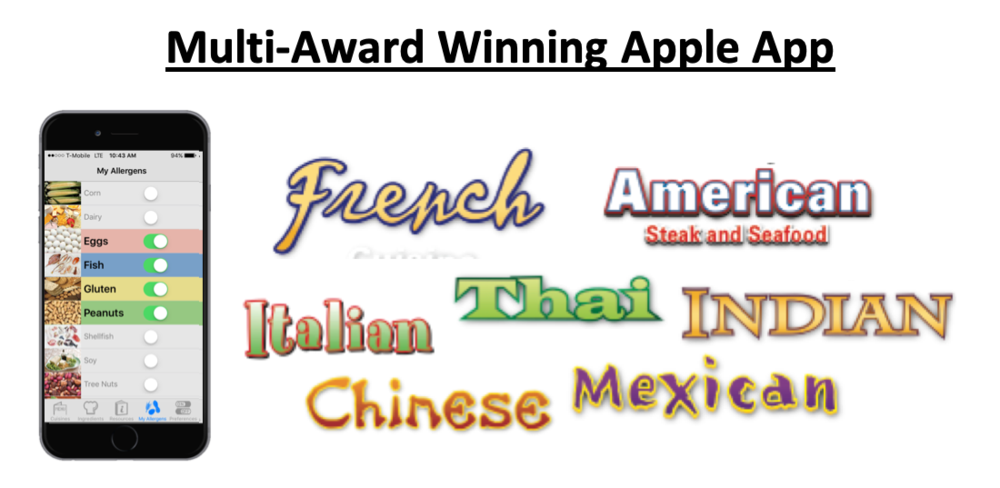Gluten & Allergy Hotel Tips
Your comfort level with managing your gluten and allergen-free lifestyle, the severity of your food allergies and your personal preferences are all key influencers in your choice of accommodations when traveling at home or abroad.
Various alternatives may include hotels, resorts, bed & breakfasts, hostels, villas, apartments, cottages and even castles! Therefore, we recommend that you:
-
Research your options to determine the best fit for your dietary needs and travel destinations.
-
Determine if you need a refrigerator and/or kitchen to prepare some of your meals.
-
If desired, request a small refrigerator, which may result in an extra fee.
-
Contact the customer service department to address any unanswered questions prior to booking your reservation.
-
Inform the accommodation when making reservations of your allergen concerns.
-
Educate yourself on ingredients, food preparation techniques and hidden allergens to determine appropriate meals and restaurants, if applicable.
-
Discuss meal alternatives with the culinary specialists and order your allergen and gluten-free meals in advance, if appropriate.
-
Ideally, obtain in writing a mutually agreed upon meal plan and approach to ensure safe eating, especially if your accommodation is at an all-inclusive resort.
-
 Determine what safe snacks you need to pack for excursions away from your accommodation.
Determine what safe snacks you need to pack for excursions away from your accommodation. -
Confirm your gluten and allergen-free meals with your accommodation 3-5 days prior to your departure, if appropriate.
-
Prepare an emergency plan with medicine, location of closest medical facilities and instructions for others, if needed.
-
Research grocery stores and supermarkets close to your accommodation for some basic foods, if desired.
-
Check with your accommodation about restaurants nearby and contact them prior to your departure, if appropriate.
-
Stay within close proximity of the nearest hospital if at risk to anaphylaxis.
-
When you arrive, communicate your dietary concerns to the accommodation wait staff as required for safe eating.
Steps to Avoid Cross Contact of Foods for Guests and Restaurants
Cross contact occurs in two primary instances and should be considered each and every time that you are ordering foods and/or serving individuals with gluten, wheat and allergen-free requirements.
-
 When the food item is prepared in the same frying oil or boiling water as other foods containing gluten or other common allergens.
When the food item is prepared in the same frying oil or boiling water as other foods containing gluten or other common allergens. -
When microbes or food particles are transferred from one food to another by using the same knife, cutting board, pots, pans or other utensils without washing the surfaces or tools in between uses.
In the case of open flamed grills, extreme temperatures turn most food particles into carbon. Use of a clean wire brush designed for grill racks typically removes residual contaminants.
To avoid cross contact, you should use always make sure a dedicated fryer for gluten and wheat free foods is used, identify oils used for frying and monitor allergen foods prepared in a shared fryer.
Also, make sure all materials are washed that may come in contact with other foods in hot, soapy water prior to preparing items for those following gluten, wheat and allergen-free diets. Following these procedures will help to ensure safe dining experiences for everyone concerned.
Looking for Food Service Training for Restaurant Staff?
Contact Us Today
Before your embark on your next adventure, we recommend that you also download one of our helpful travel books and/or mobile app to guide you during your planning process:
-
Let's Eat Out Paperback Book for 10 common food allergies or the Gluten Free Dining Out Toolbox Ebook for gluten and wheat concerns
-
Gluten Free and Allergy Free Travel Translation Cards: Effectively communicate your food concerns when ordering meals in foreign speaking countries
-
Listen to travel advice from Kim Koeller's interview with Women's Radio





















